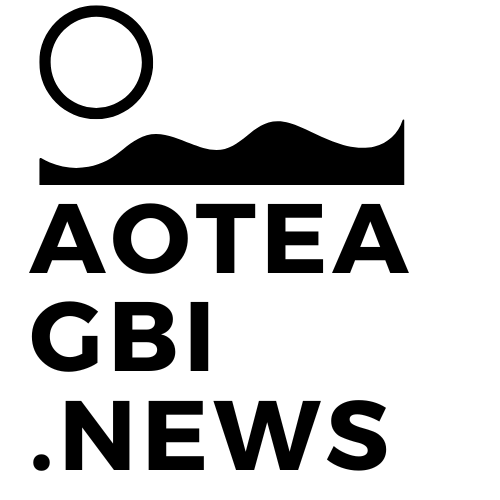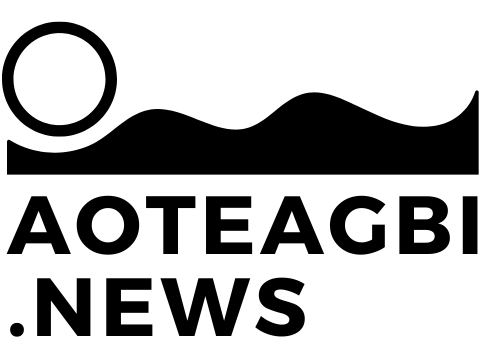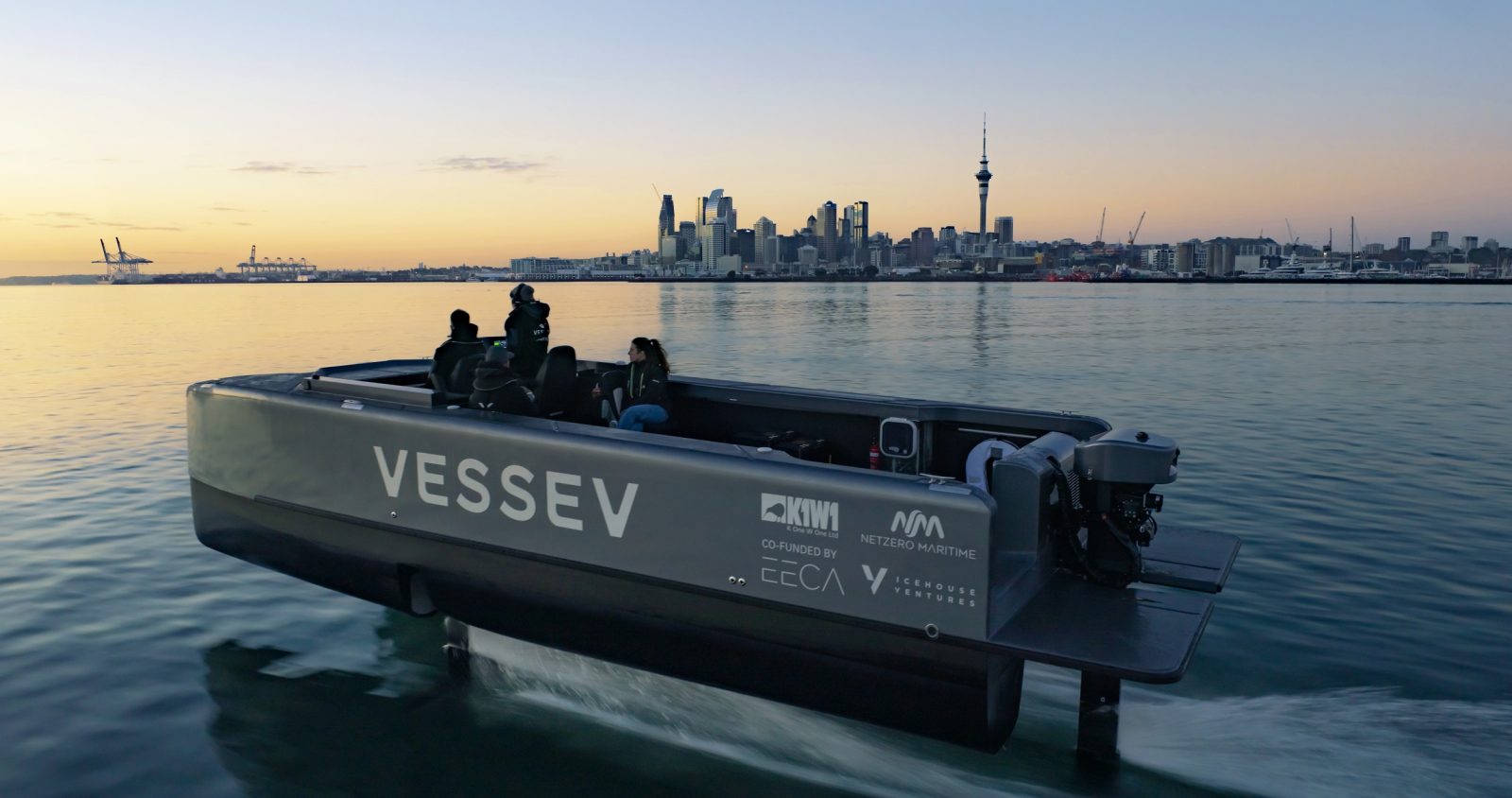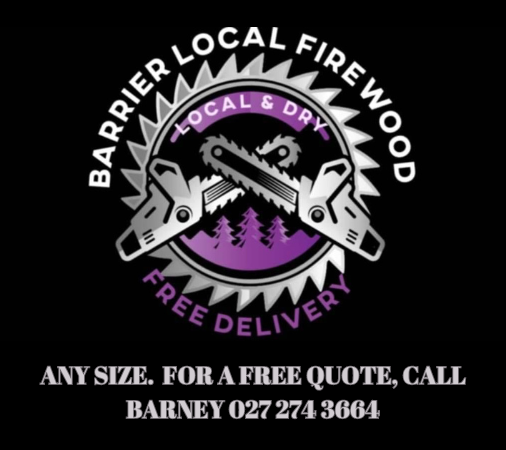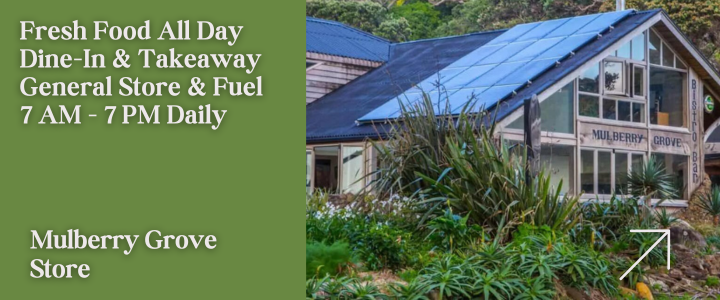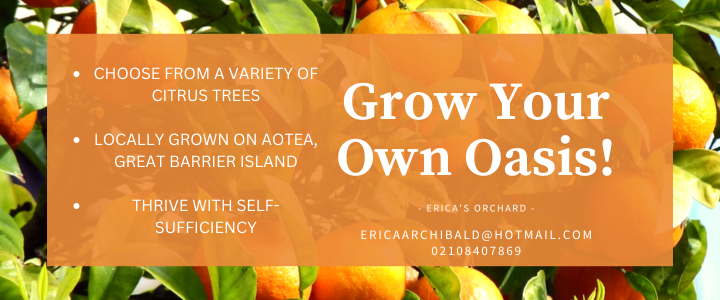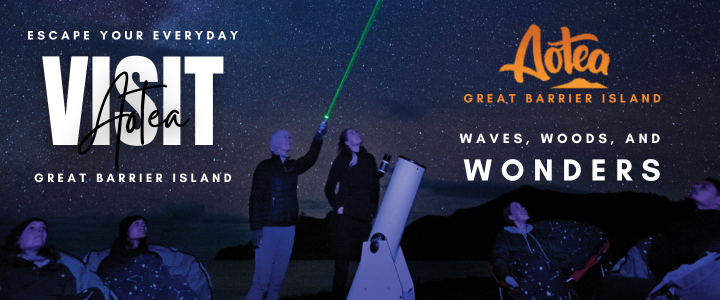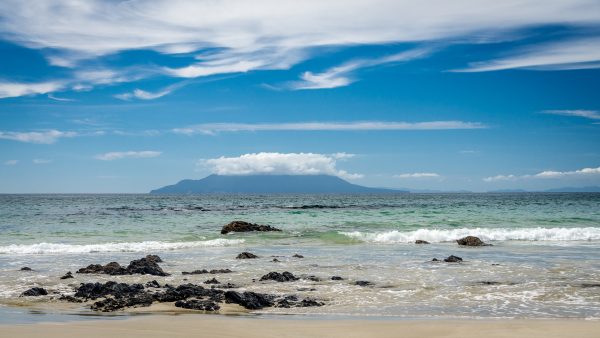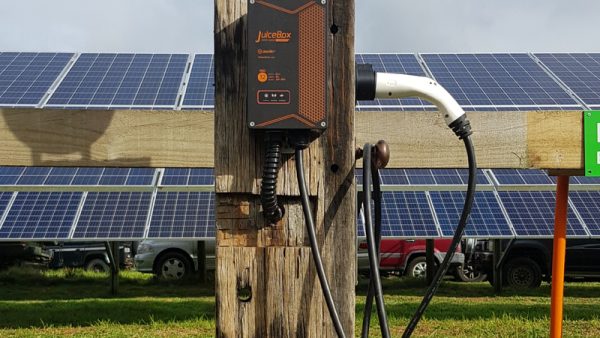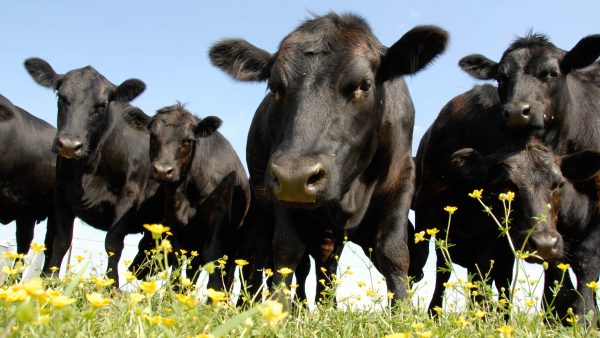Ferry operator Fullers is making waves with the launch of an all-electric hydrofoil ferry which it says could revolutionize travel in the Hauraki Gulf.
This VS9, developed in partnership with Kiwi marine-tech company Vessev, promises to offer passengers a smoother, and more sustainable journey and is grabbing global headlines.
The VS-9’s hydrofoil technology—similar to an America’s Cup boat—lifts the vessel above the water as it gains speed, reducing drag and allowing for a smoother ride, even in choppy conditions. It not only enhances passenger comfort but also significantly increases efficiency and speed.
“Customers will glide across the Hauraki Gulf enjoying smooth travel that feels more like flying than sailing, thanks to the foils that slice through waves usually uncomfortable for a vessel of this size to operate in.” said Mike Horne, Fullers’ Chief Executive.
“This means that rolling sensation you feel on traditional boats completely disappears when the VS-9 enters foiling mode, creating an on-board experience unmatched by conventional vessels.”
The nine-metre VS-9 can whisk up to 10 passengers across the water at 25 knots, covering a range of 50 nautical miles (92.6 km)—roughly four trips from downtown Auckland to Waiheke Island.
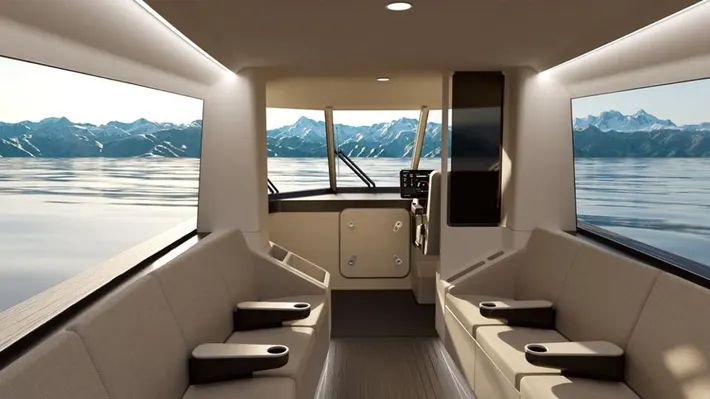
The VS-9 splashed down for the first time on May 10 at Westhaven Marina and is currently in the throes of sea trials and risk mitigation testing. Fullers expects this futuristic ferry to get the green light from Maritime New Zealand and hit the commercial scene later this year.
While the VS-9 won’t be part of the public transport roster, it’s geared up to deliver premium tourism adventures around the Hauraki Gulf and set the stage for larger commuter ferries in the future.
At a speed of 25 knots, a vessel capable of handling the return trip from Auckland to Aotea would take under two hours each way.
Vessev CEO Eric Laakmann explained that hydrofoiling significantly increases the efficiency of vessels. “Performance-wise, this means more range and much faster charging. The efficiencies are also economical for operators with the elimination of fuel costs and significantly reduced maintenance costs.”
“To put it into perspective, the VS-9 is undergoing on-water testing with a petrol-powered chase boat following and doing the same motions and distance. At the end of each day, the cost of the petrol fuelling the chase boat is 25 times the cost of the electricity used to charge the VS-9.” Laakmann added.
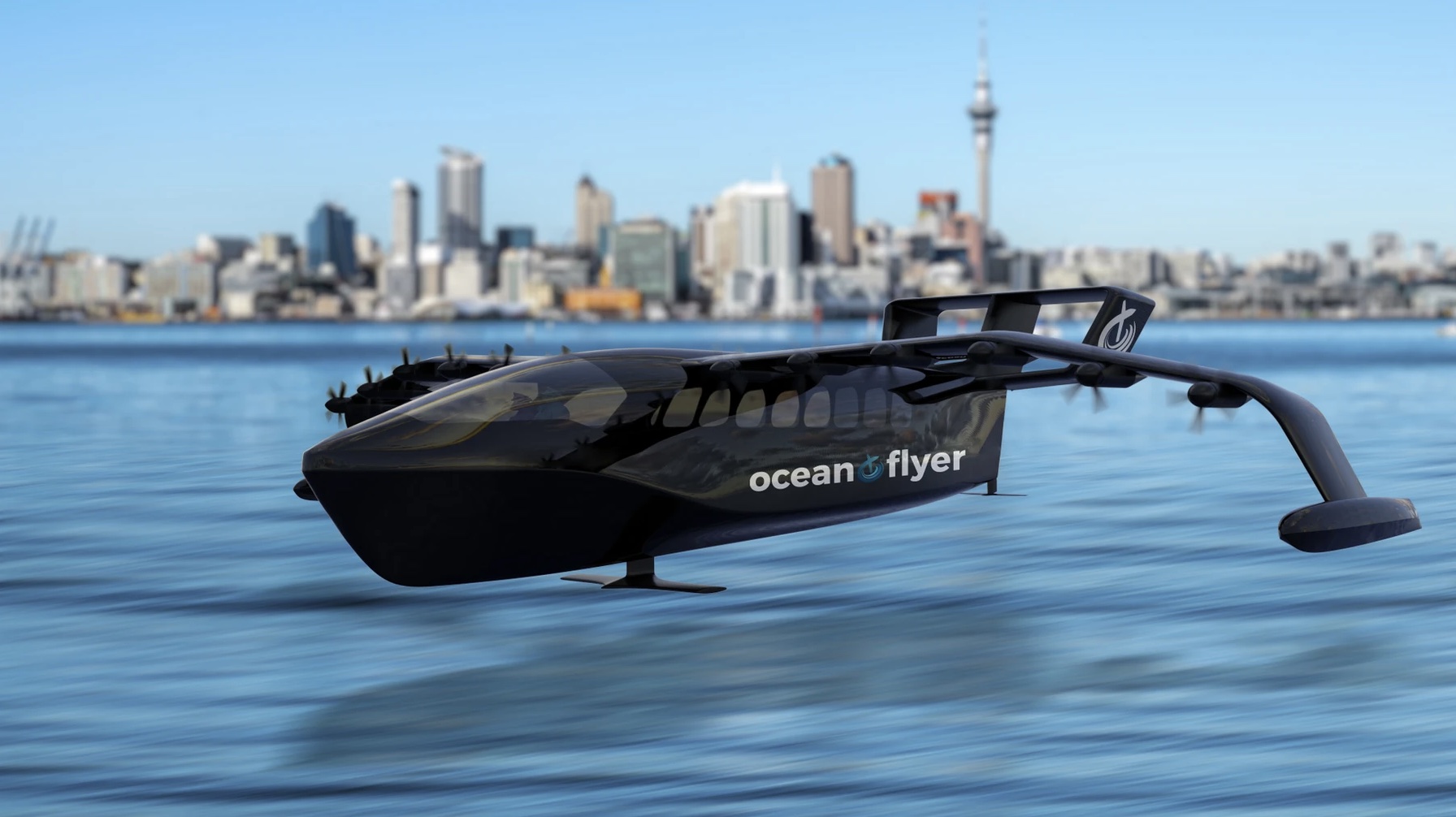
In addition to the VS-9, Fullers anticipates the launch of two state-of-the-art electric ferries in 2025, as part of a 10-year programme to replace the city’s ageing diesel-powered fleet with zero or low-emission vessels. These 200-seat carbon fibre ferries are being built by EV Maritime in Mt Wellington, with substantial government funding covering 75% of the costs.
It’s an exciting time for sustainable marine travel in the Hauraki Gulf. Last week, startup Ocean Flyer announced plans for an Auckland to Great Barrier Island route using its innovative ‘SeaGlider’ technology. Promising a rapid, hassle-free commute from Auckland to the Barrier in just 25-30 minutes for under $100, the company expects to launch services by 2026.
